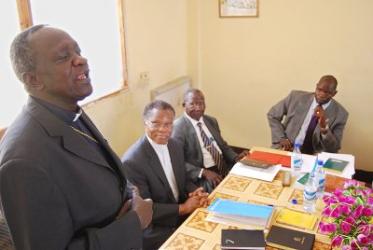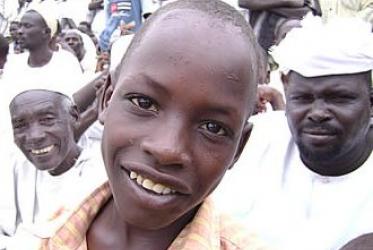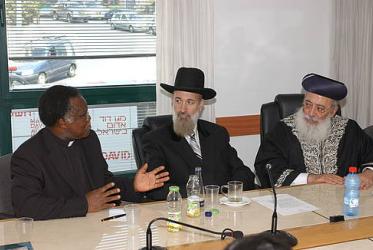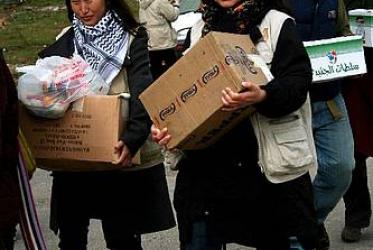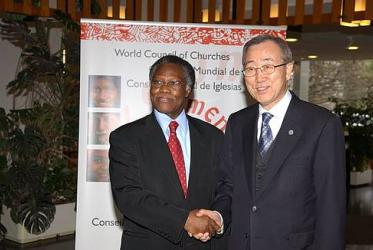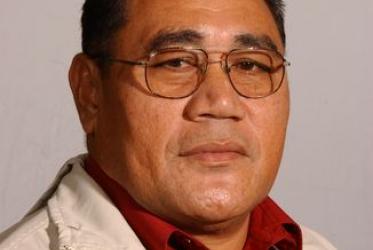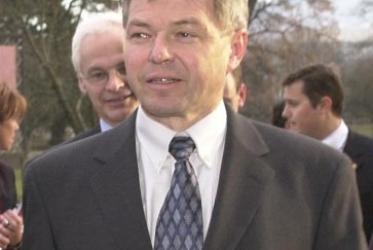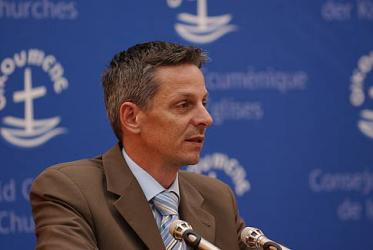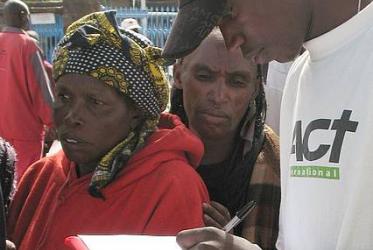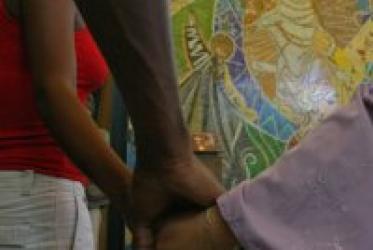Displaying 3001 - 3020 of 3334
28 March 2008
WCC calls for UN fact finding mission to Papua
17 March 2008
"Like being in the center of the globe"
20 February 2008
WCC statements address climate change, other topics
20 February 2008
Church statements should have roots in scripture
19 February 2008
Kenya needs voice of churches
15 February 2008
Kingston will host WCC peace convocation in 2011
15 February 2008
A new book launches
14 February 2008
Serving as stewards
14 February 2008
Kenyan churches seek peace for country "on the verge of genocide"
01 February 2008
Kenyan churches to receive WCC solidarity visit
29 January 2008
Christian youth movements call for signs of unity
24 January 2008
